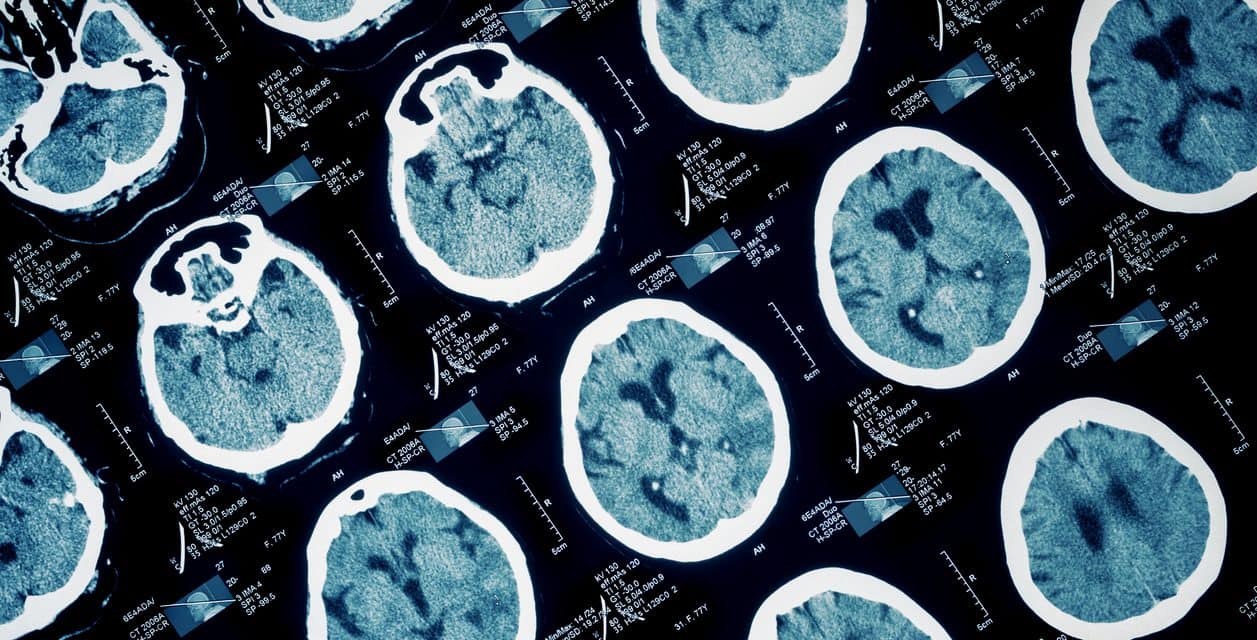By providing a three-dimensional in vitro culture system with key features of the substantia nigra region in the brain, 3D neuronal organoids derived from human induced pluripotent stem cells (iPSCs) provide living neuronal tissue resembling the midbrain region of the brain. However, a major limitation of conventional brain organoid culture is that it is often labor-intensive, requiring highly specialized personnel for moderate throughput. Additionally, the methods published for long-term cultures require time-consuming maintenance to generate brain organoids in large numbers. With the increasing need for human midbrain organoids (hMOs) to better understand and model Parkinson’s disease (PD) in a dish, there is a need to implement new workflows and methods to both generate and maintain hMOs, while minimizing batch to batch variation. In this study, we developed a method with microfabricated disks to scale up the generation of hMOs. This opens up the possibility to generate larger numbers of hMOs, in a manner that minimizes the amount of labor required, while decreasing variability and maintaining the viability of these hMOs over time. Taken together, producing hMOs in this manner opens up the potential for these to be used to further PD studies.Copyright © 2021 The Author(s). Published by Elsevier Inc. All rights reserved.
Microfabricated disk technology: rapid scale up in midbrain organoid generation.


